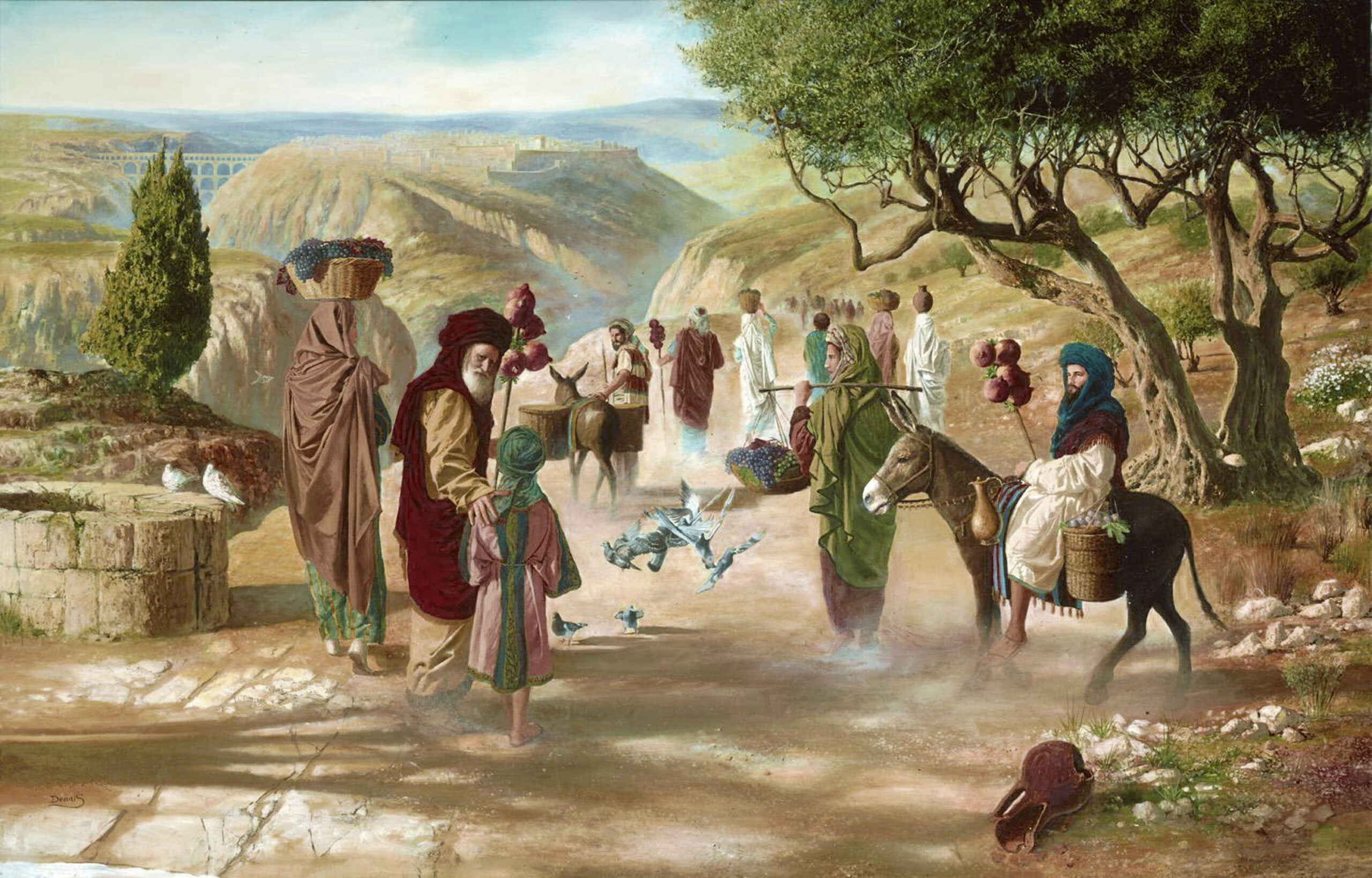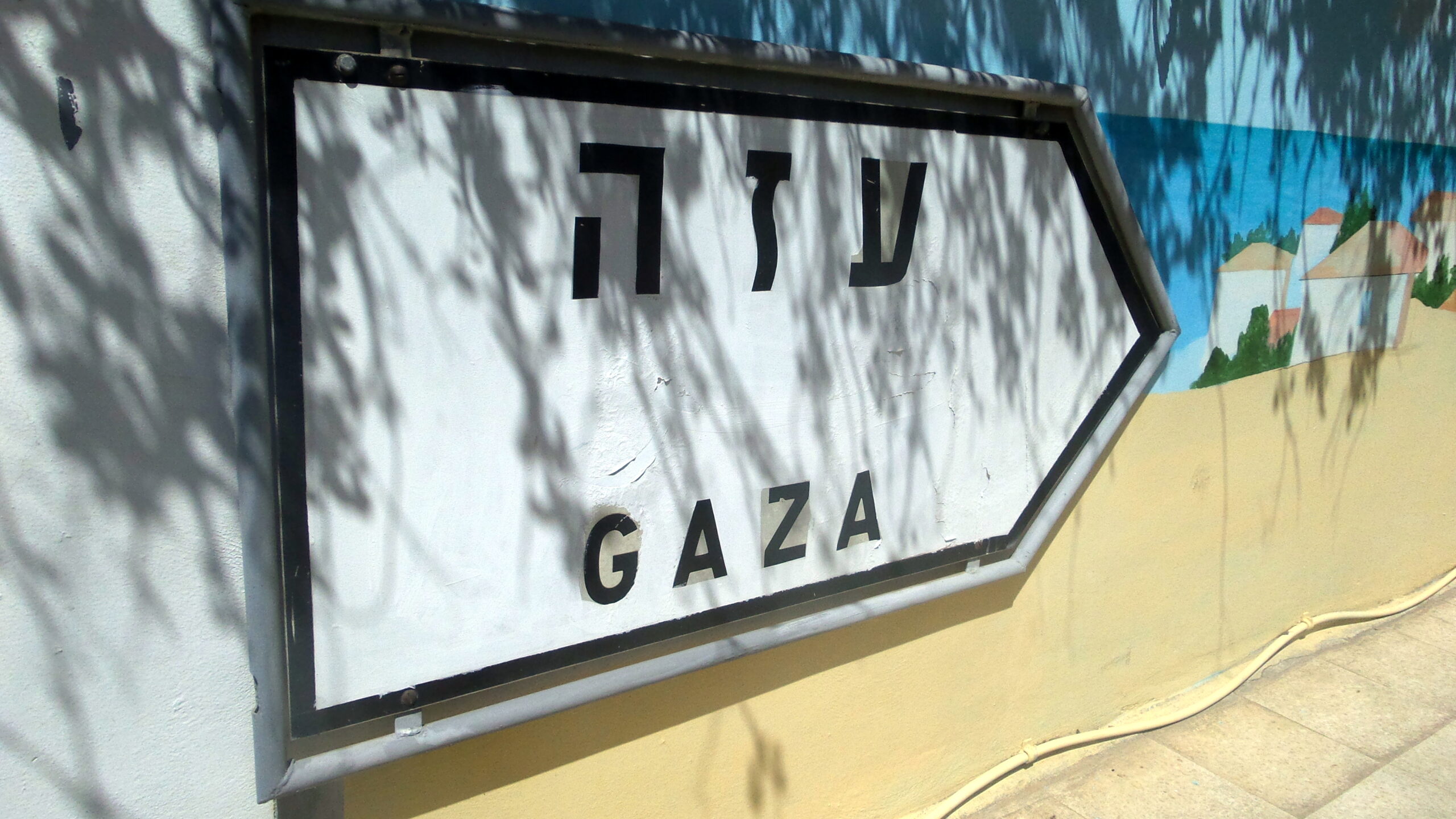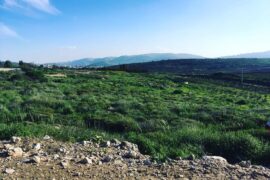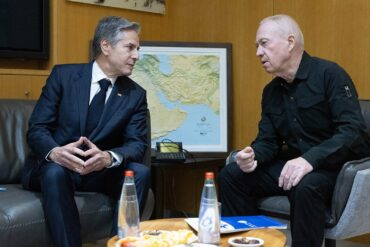“It will be that when you enter the land that HaShem, your G-D, gives you as an inheritance, and you possess it, and dwell in it, that you shall take the first fruit of every tree of the ground that you bring in from your land that HaShem, your G-D, gives you, and you shall put in a basket and go to the place that HaShem, your G-D, will choose, to make His Name rest there. You shall come to whomever will be the Kohen in those days, and you shall say to him, ‘I declare today to HaShem, your G-D, that I have come to the land that HaShem swore to our forefathers to give us.’ The Kohen shall take the basket from your hand, and lay it before the Altar of HaShem, your G-D.” (D’varim 26:1-4)
In addition to instructing us that our Torah is meant to be lived on a national level in a very specific country that Israel is commanded to possess, these verses also reveal aspects of how we are meant to organize our society. In an agricultural economy, nearly every Hebrew tribe was apportioned land that was then divided amongst the families of that tribe in order to live, farm and graze their livestock.
The only tribe without land is that of Levi, as well as the Kohanim within. This uniquely sanctified tribe and sub-tribe is tasked with enhancing Israel’s spiritual experience and serving as the bridge between HaShem and the nation. Members of the landed tribes therefore dedicate their first ripened fruits – their Bikkurim – to the Kadosh Barukh Hu through gifting them to the Kohen assisting their ritual process.
“Then you shall call out and say before HaShem, your G-D, ‘An Aramean tried to destroy my forefather. He descended to Egypt and sojourned there, few in number, and there he became a nation – great, strong and numerous. The Egyptians mistreated us and afflicted us, and placed hard work upon us. Then we cried out to HaShem, the G-D of our forefathers, and HaShem heard our voice and saw our affliction, our travail, and our oppression. HaShem took us out of Egypt with a strong hand and with an outstretched arm, with great awesomeness, and with signs and with wonders. He brought us to this place, and He gave us this land, a land flowing with milk and honey. And now, behold! I have brought the first fruit of the ground that You have given me, Oh HaShem!’ And you shall lay it before HaShem, your G-D, and you shall prostrate yourself before HaShem, your G-D.” (D’varim 26:5-10)
It is noteworthy that those bringing the Bikkurim are commanded to recite an overview of Israel’s history as they retrieve their fruit basket and place it before the Altar. Merely performing a ritual precept without contextualizing the experience within the meta-narrative of our people’s story largely misses the purpose of performing the precept.
Nearly all of Israel’s laws, customs, rituals and festivals are part of a consciousness building system that helps us to experience ourselves as part of a specific collective identity with a unique historic mission. The story of Israel is the context through which all of our mitzvot make sense and take on their full significance. The experience of a Torah life becomes considerably more meaningful and powerful when we consciously remind ourselves of our identity, collective purpose and relationship with HaShem.
“This day, HaShem, your G-D, commands you to perform these decrees and these statutes, and you shall observe and perform them with all your heart and with all your soul. You have distinguished HaShem today to be a G-D to you, and to walk in His ways, and to observe His decrees, His commandments and His statutes, and to hearken to His voice. And HaShem has distinguished you today to be for Him an Am Segula, as He spoke to you, and to observe all His commandments, and to make you supreme above all the nations that He made, for praise, for renown and for splendor, and so that you will be a holy people to HaShem, your G-D, as He spoke.” (D’varim 26:16-19)
These verses allude to Israel’s collective historic role, as well as the special relationship we enjoy with HaShem. Concerning verse 19, the Ramban explains the words “for praise” as meaning that “all the nations of the earth will praise you for HaShem being close to you.”
It is through the historic journey of the Jewish people that the Divine Ideal will be expressed in this world and humanity will come to know HaShem as the timeless and boundless ultimate Reality that creates and sustains everything that exists.
Israel is tasked with setting an example of national kedusha and bringing mankind to Creation’s ultimate goal – a world of total goodness functioning in accordance with the Divine plan that preceded it. Israel must lead the world to an era of total peace and universal perfection through the establishment of a Hebrew kingdom in the land of Israel that will reveal HaShem’s Oneness to all of Creation.
The Hebrew nation is a treasured people uniquely created to assist mankind in reaching its ultimate purpose. Rabbi Yehuda HaLevi teaches in The Kuzari that Israel is meant to be to humanity at large what the heart is to the human body, pumping blessing and life to all the peoples of the world. Israel is the Kadosh Barukh Hu’s emissary on earth – His national expression uniquely created to personify and manifest His Divine Ideal.
HaShem established a partnership between Israel and Himself – a partnership in constructing a world of total goodness. The union between HaShem and Israel is an unparalleled relationship of love and devotion. Because the most exalted unification most humans are able to grasp is that between a husband and wife, King Shlomo compares the relationship between the Kadosh Barukh Hu and Israel to that of a man and woman. This is the meaning of the words “My Beloved is mine and I am His” (Shir HaShirim 2:16).
Two lovers are seen, one in partnership with the other. I am His and He is mine. This is the purest alliance that can exist, for each gives to the other rather than selfishly taking. The relationship between man and woman is expressed through the clinging of body and soul, as the partnership between HaShem and Israel is one of Jews clinging to Him and to His Torah.
It is crucial in this generation of redemption that we clarify for ourselves Israel’s story and the role we are meant to play in perfecting the world. We must wholeheartedly embrace our national function as the heart of mankind that will usher in an era of absolute peace and fulfill the Hebrew mission of bringing Creation to total perfection.





